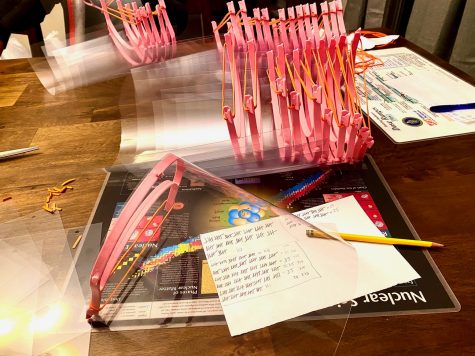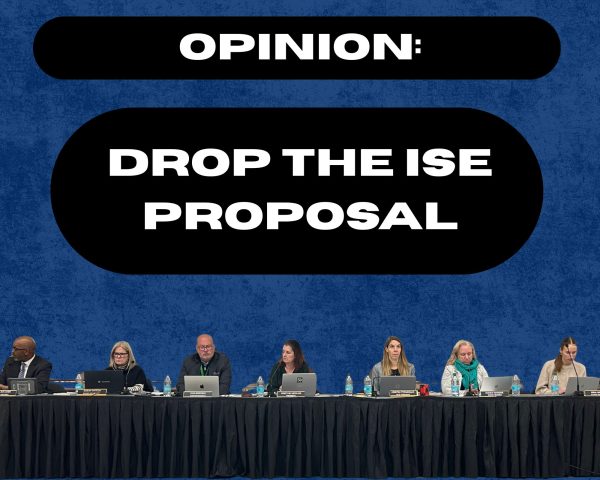Online Activism: The Pros and Cons

With every Instagram story and Twitter hashtag, online activism becomes more integrated into our culture. The turtles are eating plastic straws? Post to story. The Amazon rainforest is on fire? Update profile. Abortion laws are changing? #OhNo.
There is a fine line between talking about an issue and actually doing something about it, and as long as people continue to feel passionate about global issues, the debate over whether or not online activism is beneficial or detrimental to our culture will continue. There are, as with any other current topics, many pros and cons of online activism.
The Pros
Remember the ALS Ice Bucket challenge from 2014? You and your middle school friends used to put on your dads’ old T-shirts and nominate your crush to dump a bucket of cold water on their head. Not only was this a fun trend for your brand-new Instagram accounts, it also raised $115 million to fight ALS.
Trends like these raise awareness for issues going on in the world that don’t receive a lot of public attention. Social media is a great way for organizations to reach out to the public and provide direct links to donation sites through Instagram or Twitter.
It can be hard in high school to find time to read full articles about the news. Thankfully, social media can also be a great way to find out what’s going on in the world and make a difference in the issues being spread.
With online activism on the rise, social media users are able to get information quickly about global issues. It has become “trendy” to carry around reusable straws and water bottles, and ideas like thrift shopping and vegetarianism are becoming more popular with adolescents. By sharing environmental issues online, teenagers are more likely to practice what they see.
Additionally, posting about political or social issues – though “one post may not make a difference,” – is a good place to start. The power of social media exists in its ability to spread information quickly- whether it’s seeing the kid in your math class post about certain laws being changed or the girl from your fifth-grade soccer team tweet about the upcoming presidential election. These posts can start conversations about what’s going on in the world, or at least get people thinking about what their stance is on certain issues.
The Cons
While the benefits of sharing activist movements on social media can look promising, it may do more harm than good. Many people share stories on a topic without really knowing the facts behind the issues, and this lack of understanding often leads to the spread of fake news.
Additionally, fake accounts lurk on social media, posting claims that they will “plant a tree for every like” or “clean a foot of ocean for every follow” without any verification behind their claim. Some of these accounts have fake donation sites, scamming money out of people who are trying to do good things and shifting the focus on an issue to false solutions.
As you probably know, the turtles are apparently on a strictly-plastic diet now. The harm of plastic straws to ocean animals has caught the eye of many social media users, but the ban on plastic straws that most teenagers follow religiously is doing less than most people realize. The Chicago Tribune reports that 46% of garbage in the ocean comes from fishing nets, not from single-use plastic straws. While the intention is good, it’s shifting the focus away from creating an earth-conscious solution to fishing net waste to buying colorful straws from Amazon for $13.99.
Despite its benefits, Social media’s widespread range of communication can cause some pretty divisive opinions to form. It’s not uncommon for people to be villainized for the actions of their group as a whole. It’s easy to fall victim to confirmation bias: only accepting information that supports our views. When people separate themselves from those who think differently from them, a common trap online, they begin to lose sight of how other people think. When you’re surrounded by people who all conform to your idea of morality, it’s much easier to demonize your opponents, especially when you don’t have to look them in the face while doing it. Your opponent must be actively villainous because anyone with half a brain would agree with you.
The computer monitor can make us forget that the person on the other side of your comment war is a human too- one with thoughts, feelings and needs. Most likely, the person on the other side of the screen wants many of the same things you do, though they believe in a different solution to a problem. This lack of face to face contact makes it hard to appreciate and come to a solution for issues that are vitally important to our health, not just as a school, state, or country, but as a world.

Lauren Somers is a senior at Naperville North and is super excited to continue writing for The North Star for her second year. She can’t wait to try...

Beck is a senior at Naperville North, and is excited to write about clubs and LGBT issues at North. This is their first year writing for The North Star...










